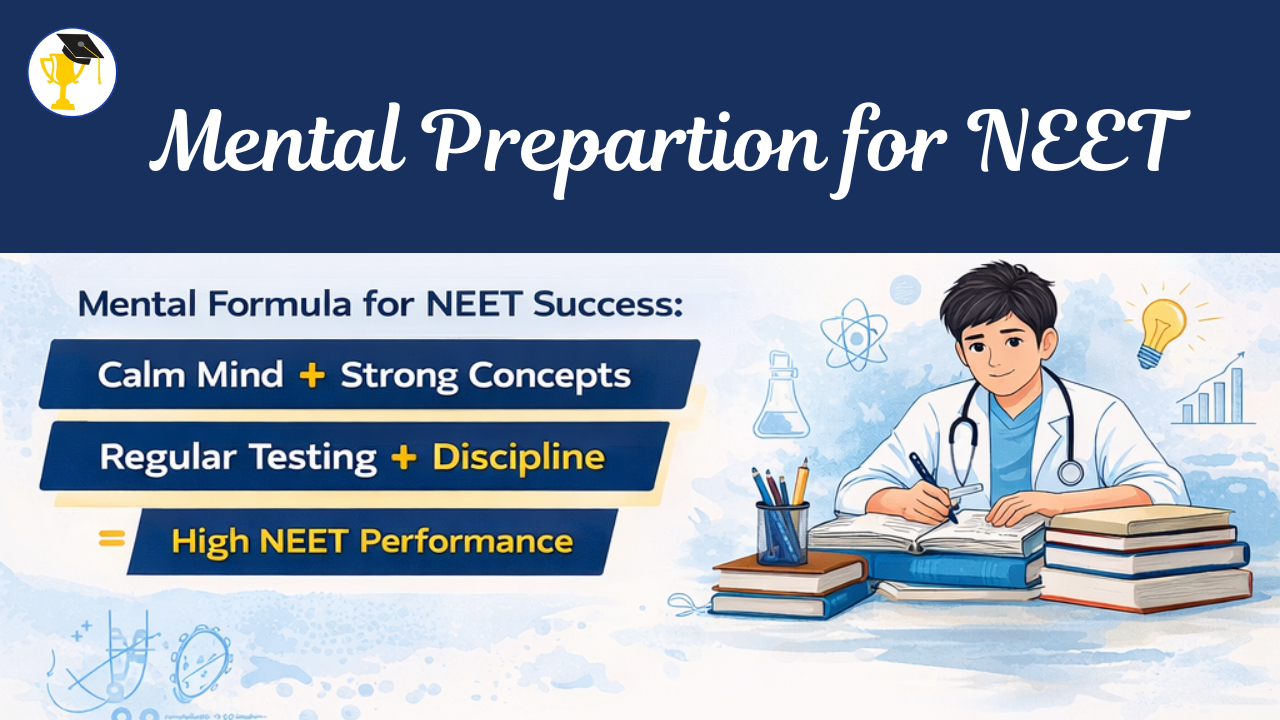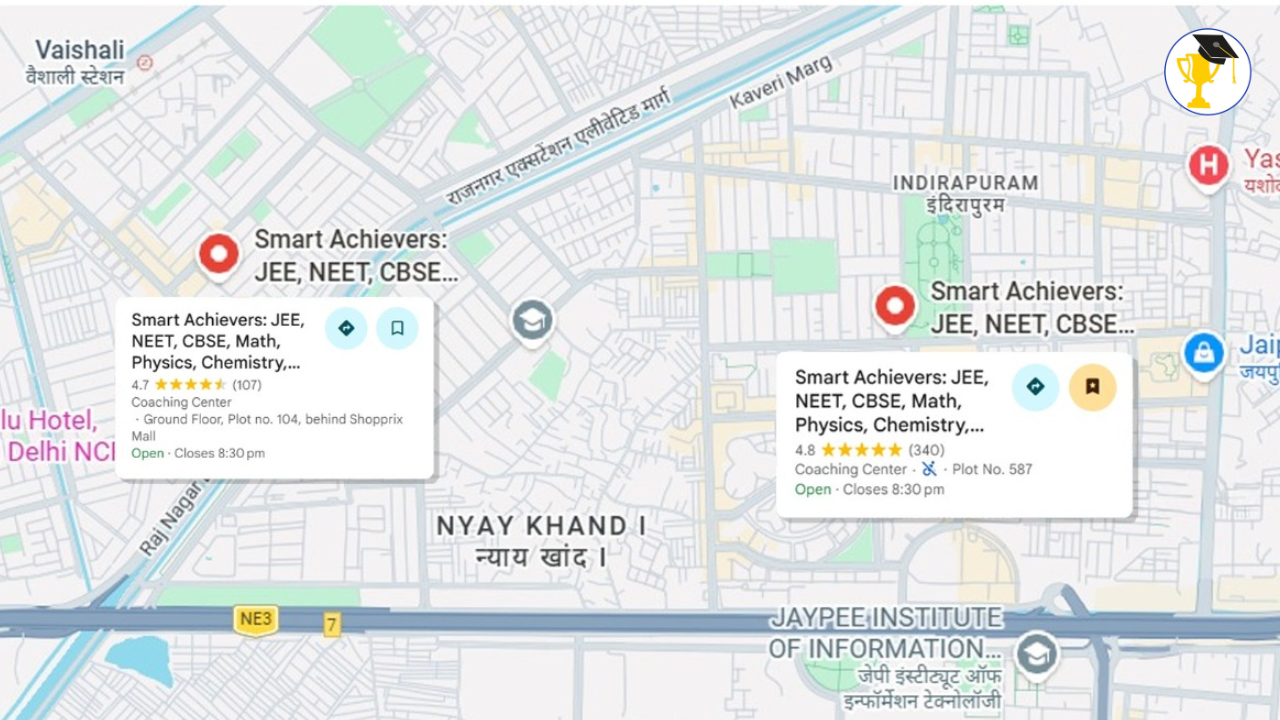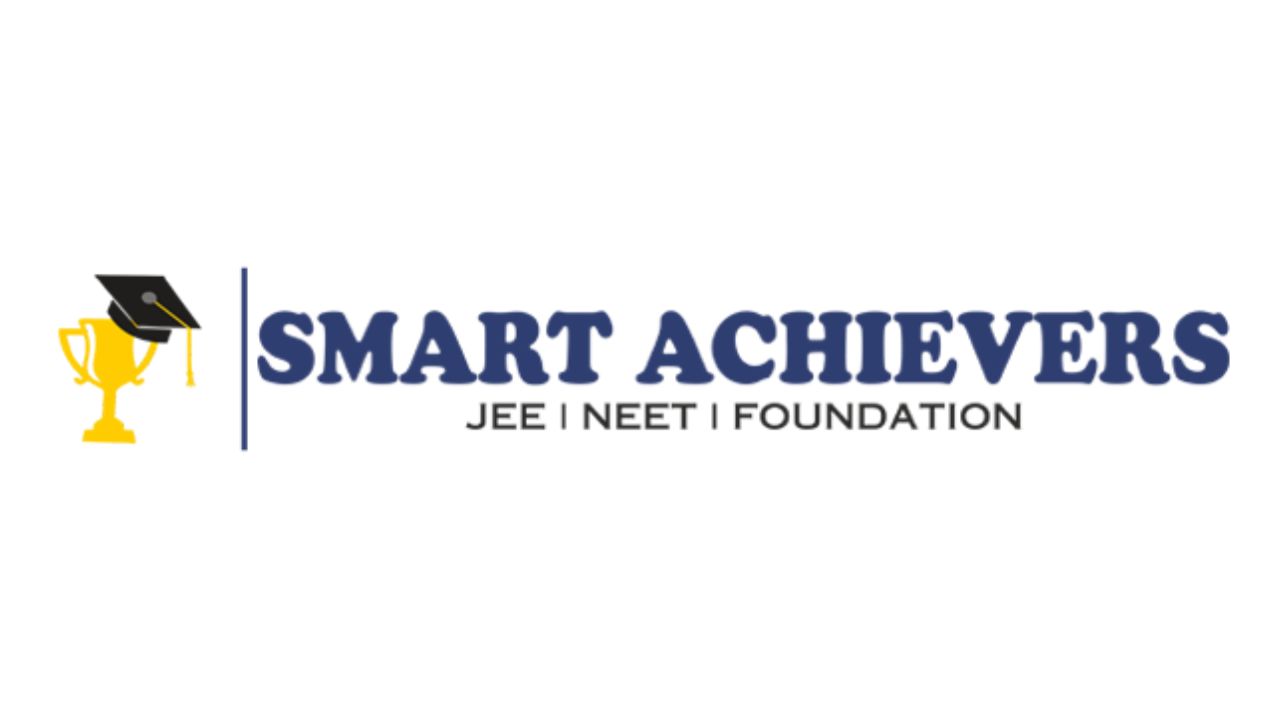Is It Difficult to Score 150 in JEE Mains? Strategies to Make It Achievable!
Scoring 150 in JEE Mains may seem challenging at first, but with the right mindset, a structured study plan, and consistent effort, it’s absolutely achievable. A score of 150 can open doors to good engineering colleges and qualify you for JEE Advanced. Here’s a simple and practical guide to help you reach this target!
Why is Scoring 150 a Big Deal?
Good Percentile: A score of 150 can put you in the 95+ percentile range, depending on the difficulty of the exam, making you eligible for top NITs and IIITs.
Qualifies for JEE Advanced: This score comfortably clears the general category cutoff for JEE Advanced.
Strong Foundation: It reflects a solid understanding of fundamental concepts, which is key for future success in engineering.
How to Score 150 in JEE Mains: Proven Strategies
1. Know the Exam Pattern and Syllabus
Total Marks: 300 (90 questions: 30 each in Physics, Chemistry, and Mathematics).
Marking Scheme: +4 for correct answers, -1 for incorrect answers.
Understand the weightage of each subject and prioritize accordingly.

2. Focus on High-Scoring Topics
Here’s what to prioritize in each subject:
Physics:
Kinematics, Laws of Motion
Current Electricity
Thermodynamics
Optics
Modern Physics
Chemistry:
Chemical Bonding
Coordination Compounds
Organic Chemistry (Reactions and Mechanisms)
Thermodynamics
Atomic Structure
JEE Exam Key Topics: Focus on high-scoring topics like Electrostatics, Thermodynamics, Organic Chemistry, Coordinate Geometry, and Calculus to maximize your performance in JEE Main and Advanced.
Mathematics:
Coordinate Geometry
Calculus (Differentiation and Integration)
Probability and Statistics
Matrices and Determinants
Quadratic Equations
3. Stick to NCERT for Chemistry
NCERT is a must, especially for Inorganic Chemistry, as many questions are directly lifted from it.
Use NCERT to strengthen basics in Physics and Mathematics too.
4. Practice Makes Perfect
Solve at least 30-40 questions daily from each subject.
Focus on accuracy and speed during your practice sessions.
5. Use Quality Study Material
Here are some recommended resources:
Physics: HC Verma, DC Pandey
Chemistry: NCERT, OP Tandon (Organic and Inorganic)
Mathematics: RD Sharma, Cengage
Quantum Engineering: The Next Frontier in Education Explore how quantum engineering is revolutionizing education by integrating quantum mechanics with cutting-edge technology, preparing students for futuristic careers in science and innovation.
6. Take Mock Tests Seriously
Attempt full-length mock tests under exam-like conditions.
Analyze your performance to identify and work on weak areas.
Practice JEE Mains previous year papers to get familiar with question patterns.
7. Manage Time Wisely
Allocate time during the exam: spend 1 hour per subject (Physics, Chemistry, Mathematics).
Attempt easier questions first to secure quick marks.
Avoid getting stuck on difficult problems for too long.
8. Revise Smartly
Create short notes for formulas, key concepts, and important reactions.
Revise high-weightage chapters multiple times.
Focus on formula-based questions and derivations.
9. Stay Consistent and Motivated
Follow a daily schedule and stick to it.
Take short breaks during study sessions to stay fresh.
Stay positive and believe in your preparation.
Sample Study Plan for 150+ in JEE Mains
Daily Schedule:
Morning (3 hours): Focus on one subject (alternate between Physics, Chemistry, and Mathematics).
Afternoon (2 hours): Solve numerical problems from high-weightage topics.
Evening (2 hours): Revise key concepts and practice mock tests or previous year papers.
Night (1 hour): Analyze mistakes and review weak areas.
Weekly Goals:
Complete 2 chapters per subject.
Take 1-2 full-length mock tests.
Revise your summary notes regularly.
Common Mistakes to Avoid
Skipping NCERT: Especially for Chemistry, as it’s the foundation for many questions.
Focusing Only on Tough Topics: Don’t neglect easier topics—they add up to a significant score.
Neglecting Mock Tests: These are crucial for improving time management and accuracy.
Delaying Revision: Start revising early to avoid last-minute stress.
Ignoring Health: A healthy mind and body are essential for effective preparation.
FAQs
Can I score 150+ in JEE Mains with 3 months of preparation?
Yes, with focused effort, consistent practice, and a smart strategy, it’s achievable.
How many hours should I study daily to score 150?
Aim for 6-8 hours of focused study daily, covering all three subjects.
Is NCERT enough for JEE Mains?
NCERT is essential for Chemistry but additional reference books are needed for Physics and Mathematics.
How important are previous year question papers?
Very important. They help you understand the exam pattern and frequently asked questions.
Can mock tests improve my score?
Absolutely. Mock tests are key to improving speed, accuracy, and time management.
 STUDY MATERIALS
STUDY MATERIALS
 COURSES
COURSES
 MORE
MORE























